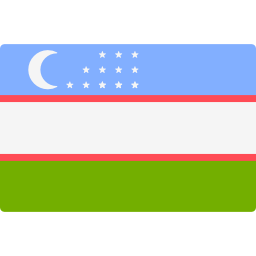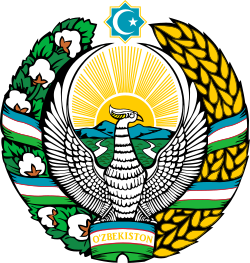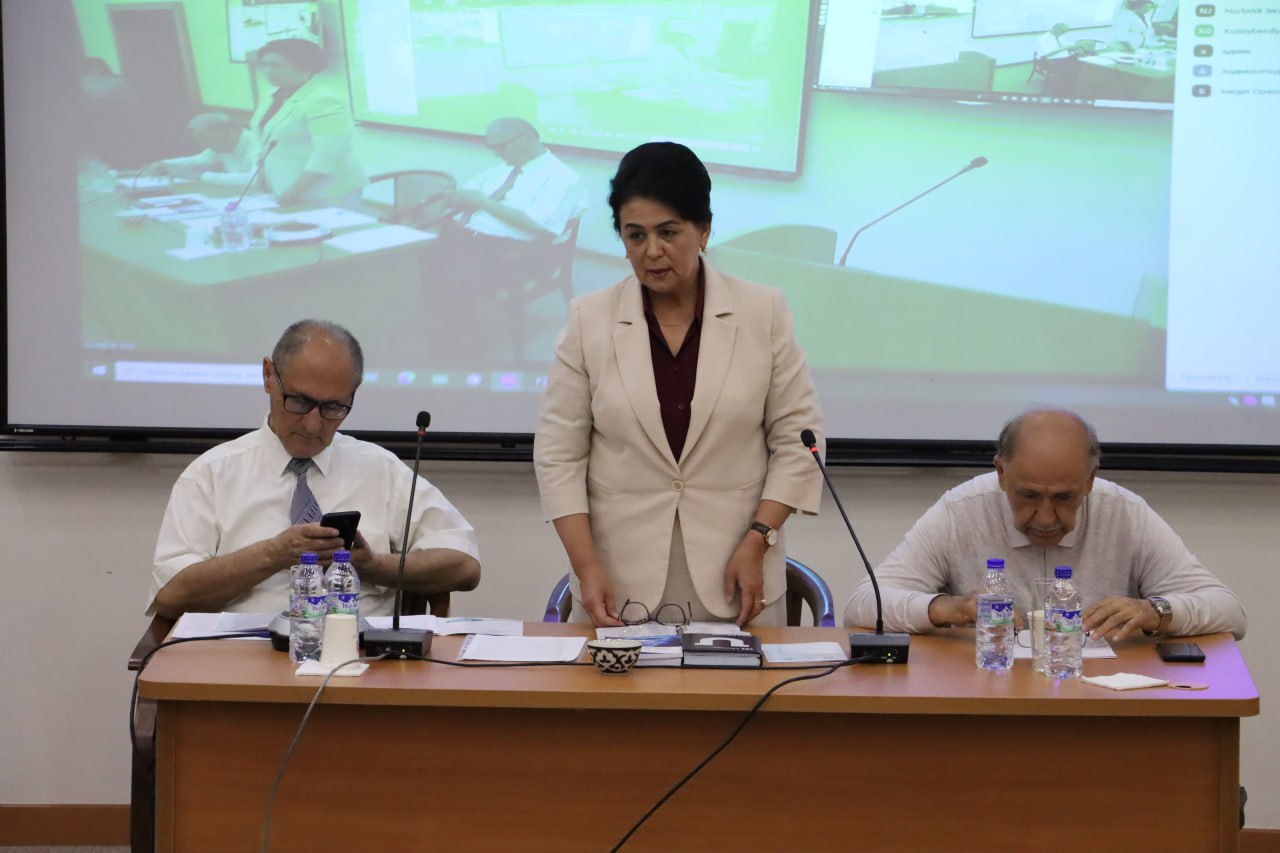
RESEARCH ON UZBEK FOLKLORE AND DIALECTS: PRACTICAL APPROACHES, METHODOLOGIES, AND NEW PERSPECTIVES
Dialects are a priceless treasure of the Uzbek language. These words, unique to specific regions and often unknown or differently named in other areas, embody the linguistic richness of our culture. Typically, one word from these regional dialects is chosen to represent the standard literary language, establishing a norm that reflects our shared vocabulary. Therefore, studying dialects does not just unlock a vast historical reservoir of our language's development; it also enriches our literary language, expanding it from within.
On May 20 of this year, Alisher Navoi Tashkent State University of Uzbek Language and Literature held an international scientific-theoretical conference titled Research on Uzbek Folklore and Dialects: Practical Approaches, Methodologies, and New Perspectives.
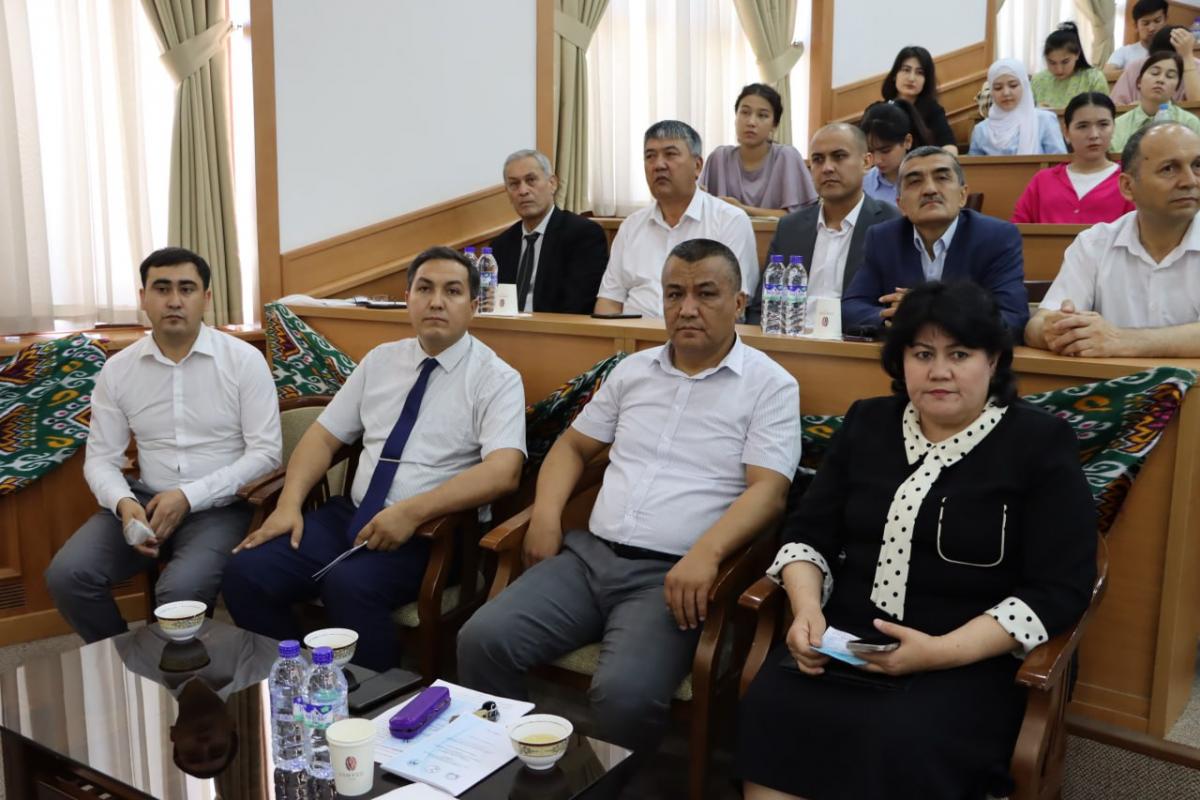
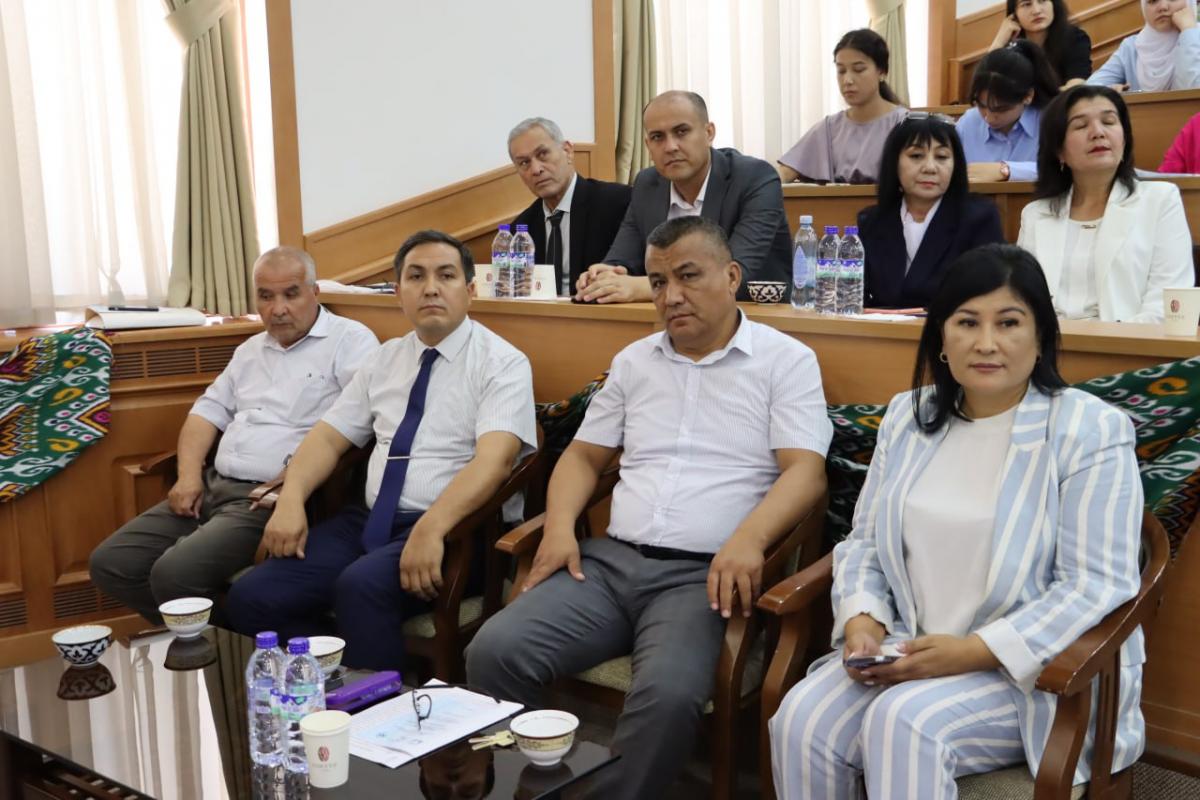
A few years prior, the university’s Faculty of Uzbek Philology had established the Center for Uzbek Dialectology within its Department of Folklore Studies and Dialectology. This center is dedicated to exploring the linguistic wealth of our dialects, which reflect the history and cultural life of our people. The conference was organized on the initiative of this center, gathering dialectologists, Turkologists, and young researchers from around the world.
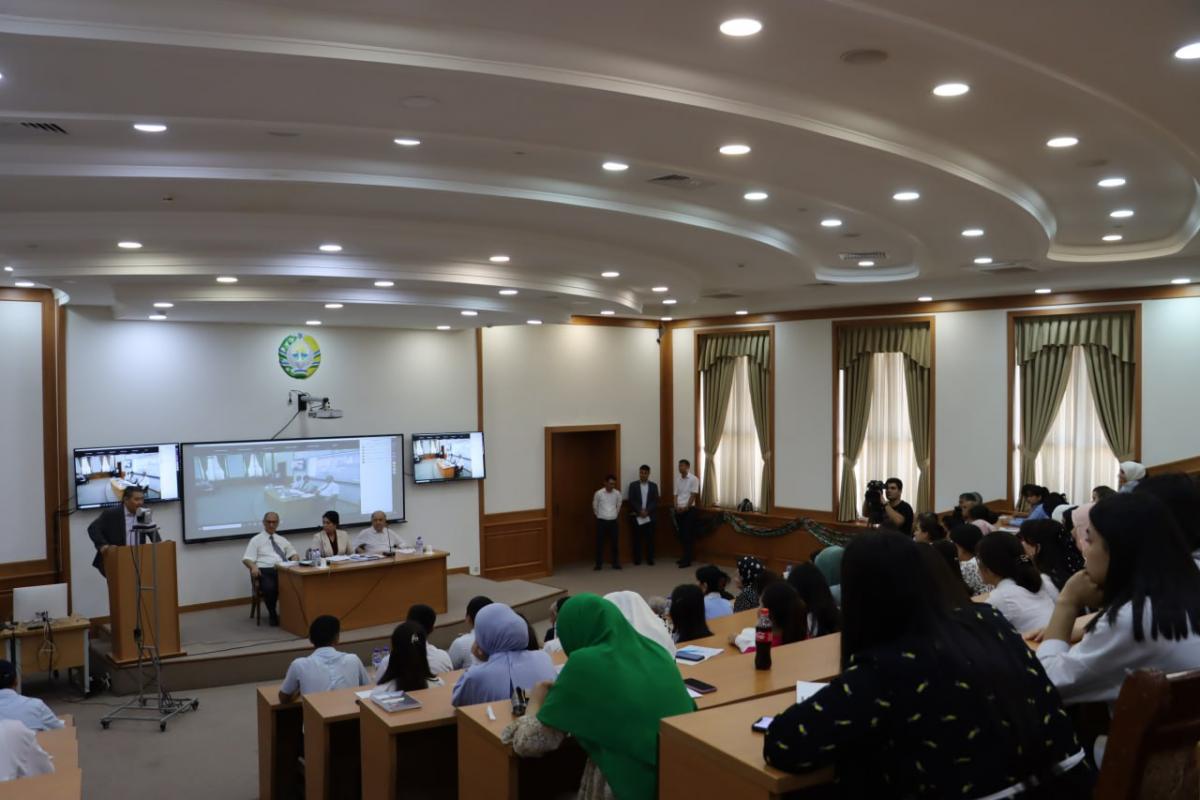
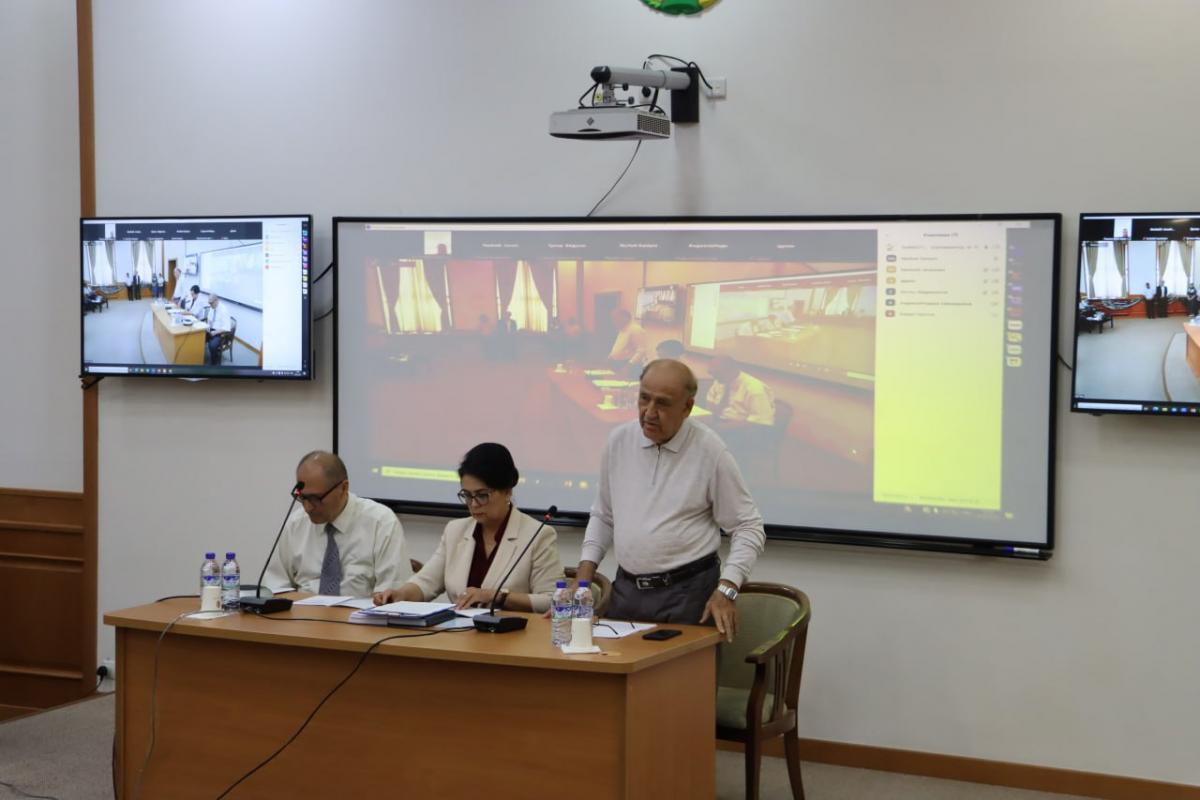
The conference opened with remarks from the university's rector, Shuhrat Sirojiddinov, followed by a congratulatory address by Professor Aymukhamet Zhanat from L.N. Gumilyov Eurasian National University. The session continued with insightful speeches by Professors H. Dadaboyev, S. Normamatov, N. Namatov, Sh. Abdinazimov, F. Latipov, N. Minbayev, Sh. Turdimov, and B. Abdushukurov, who delved into critical issues in modern dialectology, Turkology, and linguistics.
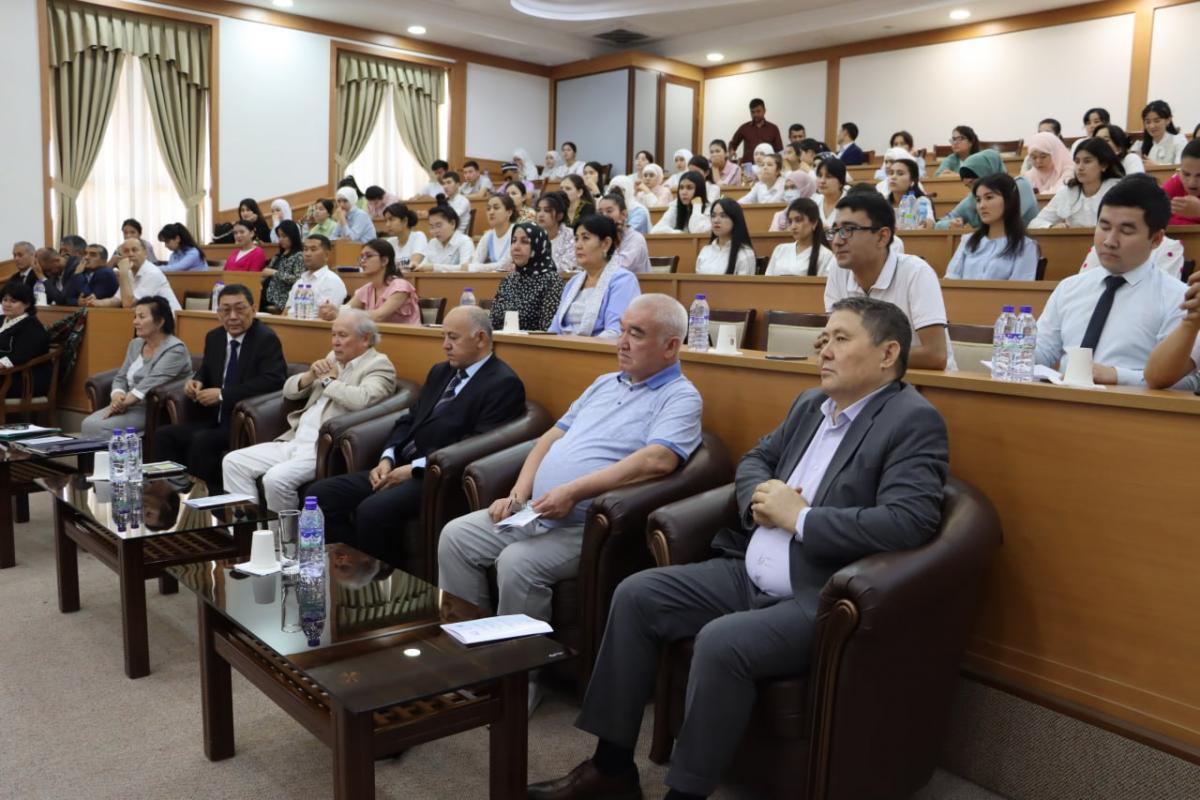
The conference featured several breakout sessions, addressing pressing topics in Uzbek folklore studies, the history of folklore research, dialectology, lexicography, the Uzbek language corpus, toponymy, and linguoculturology. This event fostered a deeper understanding of Uzbek folklore and dialects, enhancing the ongoing dialogue within the linguistic and academic communities.

